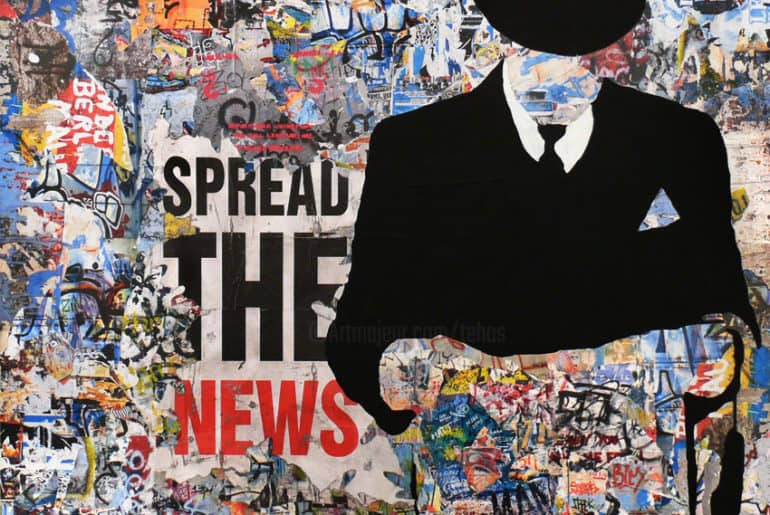Discussing the absolute belief with which we, at times, think we are right, providing no space for any sort of discussion.
As college students, who are always being bombarded with new ideas and often one-sided news on social media and other platforms, we are, at times, too quick to form certain opinions, which we then start treating as absolute truths of the universe. More often than not, we also get influenced by the talks and views of our professors and friends. Some people, on the other hand, enter college with already fixed notions which they then are ready to defend in the face of opposition and at times even reason.
Irrespective of how our believes and opinions are developed, for they are a result of our social and personal environment, most of us very strongly believe that we are situated in the moral and ethical corner at all times. Often, this hampers our understanding of why those who are in opposition to our views are so. Many of us who consider ourselves open-minded make statements like “everyone has a right to their own opinions”, but how often do we believe that or not belittler someone, when they hold, beliefs opposite to ours?
As students of the University for Delhi (DU), many of us consider ourselves as politically and socially conscious beings. We attend political rallies and go for protests and some students even join political organizations like the Akhil Bharatiya Vidyarthi Parishad (ABVP) or the National Students’ Union of India (NSUI). However, most of us live in complete denial of even wanting to understand the other side of the argument, leading to a lack of empathy on all sides. Many times we also associate a particular policy with a party. A person who believes in right-wing politics will more often than not believe that all actions of a right-wing political organization are correct and a person who believes in left-wing politics will more often than not believe that all actions of a left-wing political organization are correct, leaving no room for doubt. Incidents of physical and social media bullying or social ostracizing of people because of their political or social believes is a global issue, from which our University corridors are infected as well.
In conclusion, with partial or complete information, opinionated or neutral media platforms and associates, many of us rush into making concrete judgments, completely oblivious to the fact that the other side must have their reason for their views, irrespective of whether we agree or disagree with them. Dismissing the other side of an argument does not make us victorious on an imaginary debating platform. Perhaps then, at times we can agree to disagree, for discussion is not to win, but to understand and perhaps at times even empathize with those we do not agree with, in a patient and peaceful environment.
For instance, you may be inclined to follow my line of personal thought and agree with the beliefs behind this article, or disagree with it very strongly; you have a right to do so. I cannot admit to knowing it all but so can’t any of us.
Feature Image Credits: Aaron Mead
Juhi Bhargava

